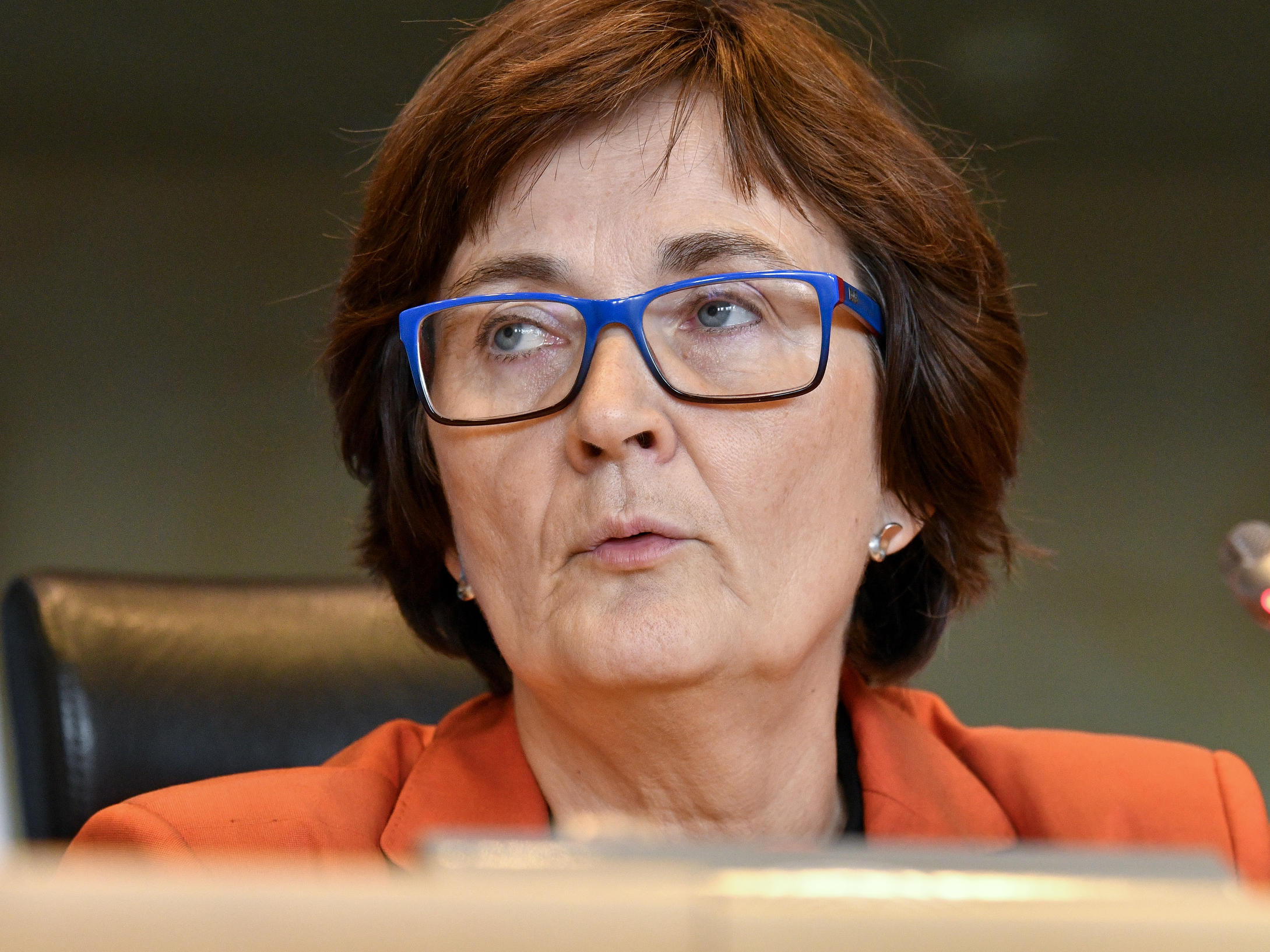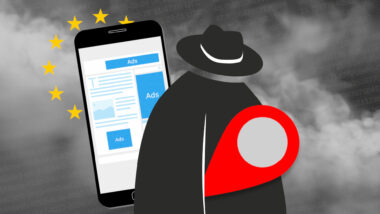The German government is concerned that a proposed EU law on cross-border access to electronic evidence lacks safeguards for protecting climate activists and journalists from prosecution.
The proposal by the European Commission, known as e-evidence, would give prosecutors and judges the power to request user data directly from service providers in other EU member states, thus bypassing the local justice system.
Under e-evidence, authorities can order providers to hand over access data such as IP addresses, names and phones numbers of users for any criminal activity. They also can order content data when investigating crimes punishable by three years of jail or more.
The providers have to comply within ten days, in ‚emergency cases‘ within six hours, or could face fines of up to two percent of their global turnover. The steep fines, proposed by the Council in November, are meant to force even global companies such as Google and Facebook to comply.
The scheme was proposed in April 2018 an approved by member states without much public attention in December. Recently, ministers at the Justice and Home Affairs council meeting in Luxembourg voted to open negotiations with the US.
The talks, set to start this summer, should create a bridge between e-evidence and the American CLOUD Act to expand access for prosecutors across the Atlantic.
Legal experts have voiced considerable concern. The e-evidence proposal would shift the burden of protecting users‘ rights from the courts to private companies, Peter Schneiderhan of the German association of judges said at an expert hearing in the EU parliament last year.
The strong doubts about the proposal need careful consideration, argues a recent blog post by Chloé Berthélémy of the digital rights group EDRi. It was „unacceptable“ that the Commission and the Council would rush to expand the principle to the US before the law was agreed upon in the EU.
The European Parliament has debated the issue, but has yet to pass a position for negotiations about the final text.
Scenarios spell out doom
The German government shares these reservations. Katarina Barley, who exchanged her post as German Minister of Justice for a seat in the European Parliament this month, said earlier that the country where the provider receiving an order under e-evidence should be notified. The authorities should be obliged to make a fundamental rights check and have the right to veto orders from other member states.
Germany opposed e-evidence in the council according to several sources, but it was passed by a majority of member states anyway.
A background paper circulated by the German Ministry of Justice, which we publish in full length (in German), specifies what kind of fundamental rights problems Berlin expects. The paper spells out two scenarios for the misuse of e-Evidence.
The „example of the climate activist“ lays out a fictional case where „member state X“ arrests environmental protesters critical of the government. Police in X accuse the activists of forming a criminal conspiracy and soon expand their investigation to users of a German video platform that posted messages sympathetic to the protesters.
Through e-evidence, authorities from Member State X obtain the real names of the users posting on the video platform. German courts are unable to veto the order even though they regard the messages on the video platform as protected free speech.
Another example deals with the hypothetical prosecution of a German journalist who researches the misuse of EU funds in Member State X. Authorities there open an investigation into the whistleblower who informs upon the misuse of funds, charging him with violation of bank secrets.
Even though this not a criminal offence in Germany, under e-evidence the German e-mail provider has to produce the exchange of the journalist and the whistleblower. German authorities are powerless to protect the correspondence of the journalist.
The two scenarios are a nod towards increasing concerns over Eastern countries such as Hungary and Poland. The rule of law has been under strain in both member states, with governments meddling with the justice system. The EU Commission recently launched an infringement procedure against Poland over political control of judges.
A reluctant parliament
What happens next depends on Birgit Sippel. The German social democrat is tasked with drafting the position of the EU parliament on e-evidence and negotiate the final text with the Commission and the Council. She has severe reservations about the proposals on the table. „There are a lot of open questions from our point of view“, Sippel told netzpolitik.org in Strasbourg.

Sippel shares the concern about the lack of safeguards in the e-evidence proposals. In a series of working documents, she joined forces with fellow MEPs in the LIBE committee of the parliament to highlight weak points of the proposed law.
A key reservation voiced in the working papers is that responsibility for safeguarding rights in shifted to private companies. Service providers have little incentive to protect their users from questionable investigations orders, Sippel and German Left party MEP Cornelia Ernst write in a paper.
Finland, which currently holds the rotating EU council presidency, hopes to achieve a final text for the law by the end of the year. If things go according to their plan, e-evidence could bring a drastic expansion of access to user data for law enforcement across Europe.
A German version of this article is accessible here.





0 Ergänzungen
Dieser Artikel ist älter als ein Jahr, daher sind die Ergänzungen geschlossen.